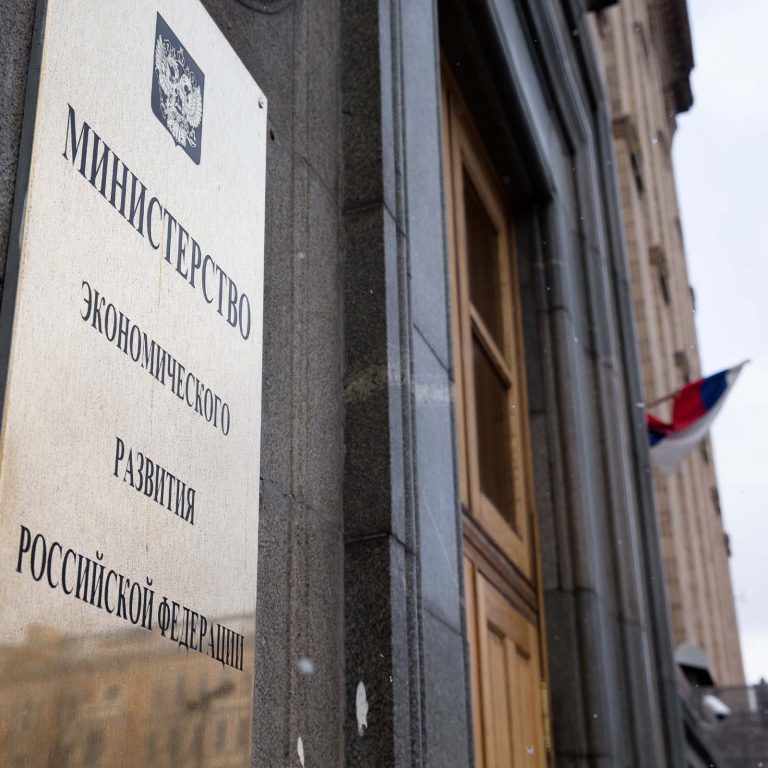//
The developed world is facing a severe programmer shortage. Around the world, coding boot camps have stepped into this gap to teach newcomers basic programming skills quickly.
But in like so many other areas, Japan is different.
Coding boot camps have been slow to take off here, and programmers are taught by a patchwork of academic degrees, on the job training, and informal meetups and study sessions.
Kani Munidasa, the co-founder of Code Chrysalis, is changing that. He’s started one of the first Western-style coding boot camps in Japan, and the ecosystem is already seeing the results. Code Chrysalis has an amazing placement rate with grads receiving above-average starting salaries, but there is something more going on here as well.
Kani and I talk about how the job market for programmers is changing in Japan and, more important perhaps, how their place in society is changing as well.
It’s a great conversation, and I think you’ll enjoy it.
Show Notes
Why Japanese engineers don’t participate in open source projects
The differences between Japanese and US junior developers
Divisristiy on a programming team does not main what you think it doe
How to learn to learn
Why Code Chrysalis turns down 80% of its applicants
Why Japanese enterprises are getting behind boot camps
Why developer pay in Japan is so low
Why so many engineers want to come to Japan anyway
How to overcome the need for degrees and certificates
Links from the Founder
Everything you wanted to know about Code Chrysalis
The Code Chrysalis blog
Friend Kani on Facebook
Follow him on Twitter @munidk
A research-based approach to coding education
How to Get Into Code Chrysalis
Leave a comment
Transcript
Welcome to Disrupting Japan, straight talk from Japan’s most successful entrepreneurs.
I’m Tim Romero and thanks for joining me.
One of the most important developments in Japan over the past 10 years and perhaps, the most important way that things are different for startups today than they were 20 years ago is the existence of a startup ecosystem. Now, let me explain that because it’s not obvious, especially to younger entrepreneurs who have never had to run a startup the absence of a startup ecosystem.
A startup ecosystem is not just a group of startups that operate in the same city. We had that during the dotcom era. There were even VC investments, occasional meet ups, and some mentoring, but we didn’t really have an ecosystem back then. We had a community for sure, but not that ecosystem.
An ecosystem comes into being when startups start buying from and selling it to each other. When startups can target other startups with their innovative products, where our pool of employees move from startup to startup, taking their ideas and best practices, and work ethic with them. When an ecosystem developed, it’s an amazing cross-pollination of innovation and growth that is just awesome to be a part of. This is happening in Japan. It’s a relatively new and it’s fantastic.
Today, I’d like you to meet Kani Munidasa, co-founder of Code Chrysalis, a startup that can only exist within a healthy startup ecosystem but also one that any healthy startup ecosystem needs in order to grow. Code Chrysalis is a coding boot camp where over 12 weeks, students learn of the skills they need to get jobs as programmers in Tokyo and as you will soon see, they are really getting jobs.
In fact, after our conversation, there is something I want to ask you and I mean you, personally because it’s something that you might understand better than I do. I would ask you right now, but the question won’t really make a lot of sense until after you sit in on the conversation with me and Kani, and we cover a lot of ground.
We talk about how to get a programming job in Tokyo, how to ramp up skills quickly, and why diversity in programming might not mean what you think it does. But you know,
from Disrupting Japan: Startups and Innovation in Japan http://bit.ly/2CB5aM5





 Bitcoin cash fans were pleased to hear the marketplace
Bitcoin cash fans were pleased to hear the marketplace 




 After averaging a monthly total of $1.45 billion collectively during the first half of 2018, the combined monthly average raise by ICOs fell by 65 percent to just $500 million in the second half of the year. Additionally, the combined total raised by initial coin offerings fell short of 2017’s monthly average of roughly $850 million for the entire second half of last year.
After averaging a monthly total of $1.45 billion collectively during the first half of 2018, the combined monthly average raise by ICOs fell by 65 percent to just $500 million in the second half of the year. Additionally, the combined total raised by initial coin offerings fell short of 2017’s monthly average of roughly $850 million for the entire second half of last year.


